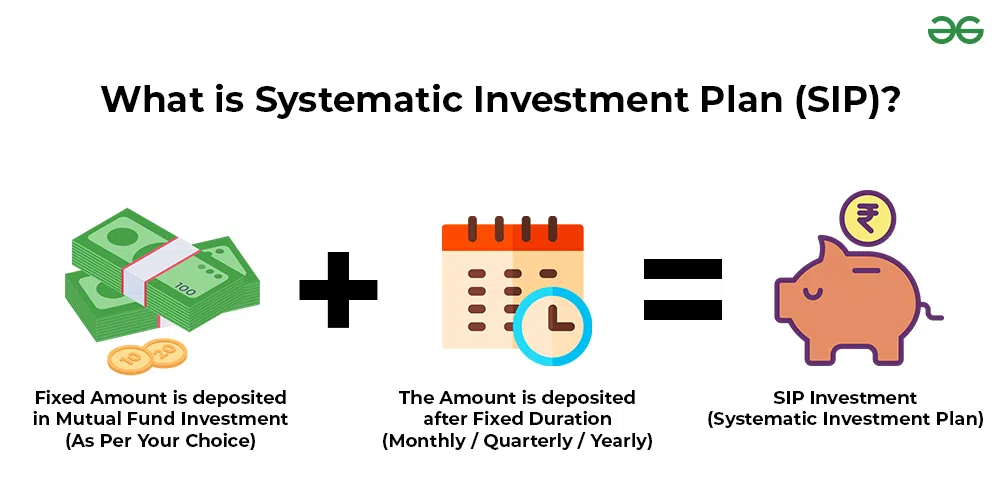Women are known for their exceptional multitasking abilities, expertly balancing a variety of roles, whether it's preparing lunches, getting the kids ready for school, managing appointments, or handling social engagements. Today’s women are breaking stereotypes and proving that financial planning is no longer a topic off-limits for them.
However, societal conditioning and traditional patriarchal norms have often placed the responsibility of financial planning on men, leaving women less involved. It’s time to change that narrative.
Why Financial Planning is Essential for Women
Historically, women have played a key role in managing household finances, making them naturally skilled in financial matters. Yet, there are more compelling reasons why women should take control of their personal finances today. Thoughtful and strategic financial planning can help women grow their wealth, achieve long-term financial goals, and enjoy life’s pleasures—whether that’s a shopping spree, an overseas vacation, or a comfortable retirement.
Despite the increasing number of women in the workforce, many still face challenges such as lower wages, fewer pension benefits, and career interruptions due to caregiving responsibilities. This often leaves women financially vulnerable, making it all the more critical for them to actively participate in their financial planning.
The Importance of Financial Independence
With access to information, evolving societal norms, and increased earning potential, women now have the tools to take charge of their financial futures. Financial independence is within reach for every woman, whether single, married, divorced, or widowed. Here’s how to get started:
1. Create a Budget
2. Set Financial Goals
3. Assess Your Current Financial Situation
4. Build an Emergency Fund
5. Plan for Retirement and Secure Health Insurance
In the following sections, we’ll provide practical tips for financial planning at every stage of life.
Key Tips for Financial Planning for Women
1. Allocate a Budget
Craft a budget tailored to your income and financial goals. A good starting point is the 50-30-20 rule: allocate 50% of your income for living expenses, 30% for savings and investments, and 20% for personal spending. This method ensures that you're saving for both short- and long-term goals while enjoying life’s luxuries.
A budget helps you plan for future expenses while accounting for inflation and will give you a clear picture of your financial standing for the next 10-15 years.
2. Set Financial Goals
Setting clear financial goals is essential for effective planning. Use a spreadsheet to list your short-, medium-, and long-term objectives, such as purchasing a home, starting a business, or saving for retirement. A well-defined plan will help you prioritize your spending and avoid unnecessary splurges while still enjoying life.
3. Identify Your Current Financial Baseline
To start your financial planning journey, assess where you currently stand. Calculate your net worth by subtracting your liabilities from your assets. Liabilities include credit card debt, loans, and mortgages, while assets may consist of real estate, investments, and savings.
4. Build an Emergency Fund
Life is unpredictable, and emergencies can arise at any moment. Women, in particular, often take career breaks to care for family members, which can lead to a temporary loss of income. Having an emergency fund can provide financial security during these periods. Ensure that your fund is easily accessible and set aside a portion of your income every month to cover unforeseen expenses.
5. Focus on Retirement Planning
Women tend to live longer than men, meaning they need more savings to support a longer retirement. Start planning for retirement early, even if it seems far away. The sooner you start saving, the more comfortable your retirement will be. Also, ensure you have adequate health insurance to protect your savings from being depleted by medical expenses.
Conclusion
Financial planning for women is not just important—it’s essential. Women generally have shorter working careers, longer life expectancies, and face a gender wage gap. In today’s world, financial independence represents empowerment and freedom, and proper financial planning can help women achieve their goals and enjoy a secure future.
Frequently Asked Questions
Why Should Women Engage in Financial Planning?
Financial planning empowers women with the independence and freedom to make their own financial decisions, reducing reliance on male counterparts.
How Can a Woman Strengthen Her Financial Position?
By setting clear goals, budgeting, saving, and investing strategically, women can overcome the challenges of shorter career spans and interruptions and build a financially secure future.
Where Should I Start with Financial Planning?
Start by creating a budget, setting financial goals, tracking your expenses, and building an emergency fund. From there, you can focus on long-term investments and retirement planning.
Disclaimer: Mutual fund investments are subject to market risks. Please read all scheme-related documents carefully.




